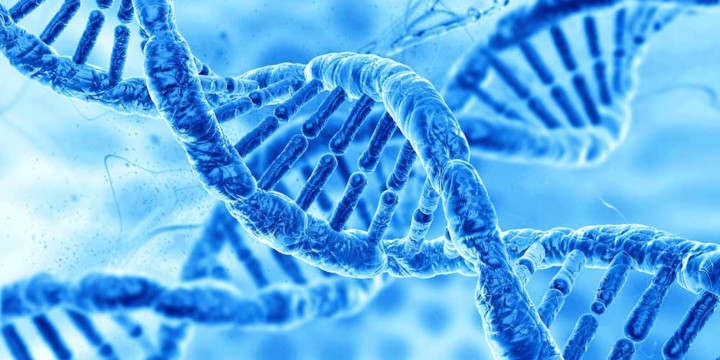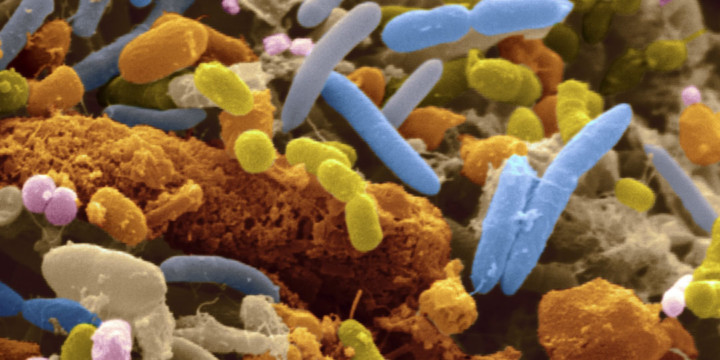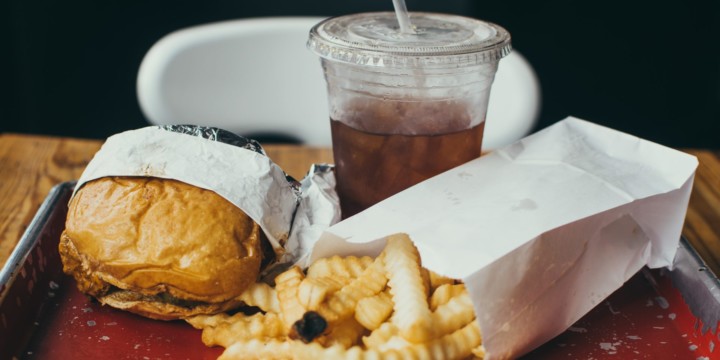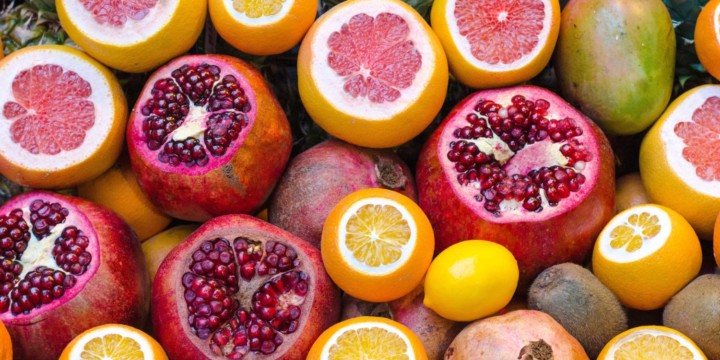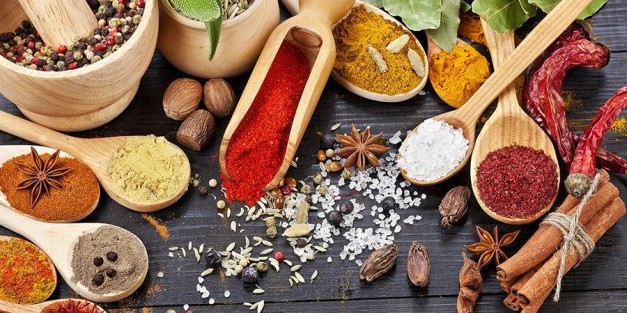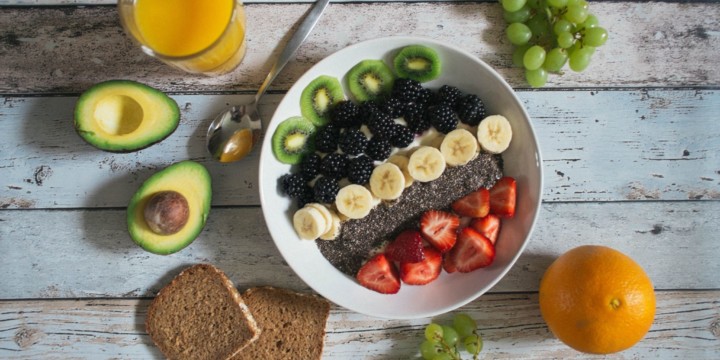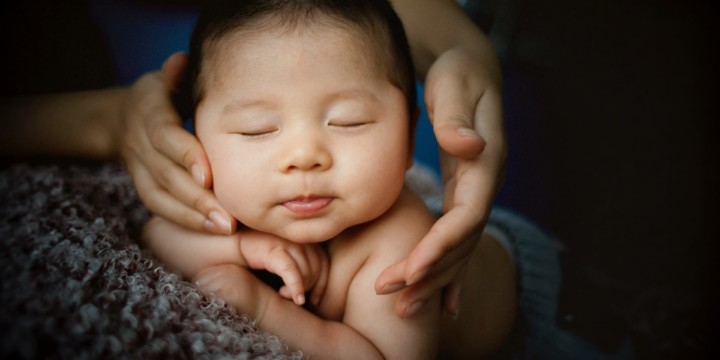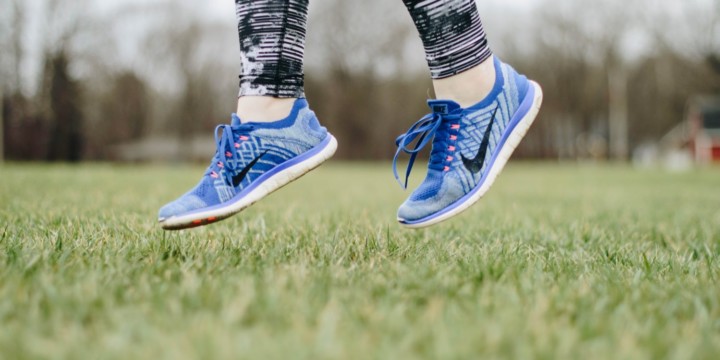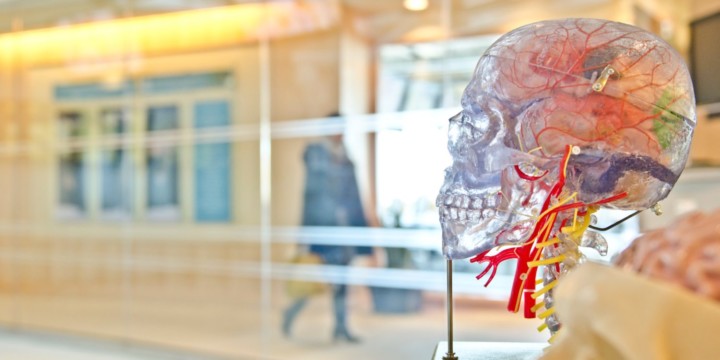Physiology of Eczema
Eczema is a condition that causes the skin to become itchy, red, dry and cracked. It is more common in children although adults can get it as well. It is usually a chronic condition and tends to flare up periodically and then subside. It may be accompanied by asthma or hay fever. It can improve significantly, or even clear up completely in a few children as they grow older.
Symptoms
Symptoms may vary from person to person. People with mild eczema may only have small areas of dry skin that are occasionally itchy. In more severe cases, atopic eczema can cause widespread red, inflamed skin all over the body and constant itching. Some of the symptoms include
Itching
Red patches especially in the hands, feet, ankles, wrists, neck, upper chest, elbows, knees, face and scalp.
Dry scaly skin
In some cases fluid oozing out of the patches
Scratching makes the skin raw and sensitive
Sometimes these patches may get infected and show up as the yellow crust
Causes
No exact cause for the condition has been found. Though atopic dermatitis resembles an allergy, the skin irritation is not an allergic reaction. A mix of factors may cause eczema such as :
- Dry skin
- Family history
- A gene mutation that reduces skin’s ability to be an effective barrier
- Weak immune system
- Build up of bacteria such as Staphylococcus aureus, on the skin that creates a film that blocks sweat glands
- Triggers such as soaps, detergents, shampoo etc
- Food allergies
- Hormonal changes
- Environmental factors such as allergens
- Skin infections
Treatment in Allopathy
No cure has been found for atopic dermatitis. But treatments and good skin care can relieve itching and prevent new outbreaks. Use of mild soaps, moisturizer, creams, and lotions are recommended. Moisturizers should be applied immediately after bathing in order to lock-in the moisture on the skin. In severe cases, oral medications, steroid creams, and light therapy are used.
Ayurveda and Eczema
Eczema corresponds to a condition called Vicharchika in Ayurveda. It can be caused by the imbalance of either Vata, Pitta or Kapha but predominantly pitta imbalance is responsible for eczema. The root cause of eczema is impaired digestive fire (either too high or low) that in turn leads to accumulation of toxins in the body. The toxins when mixed with blood circulates the entire body and deposit in the connective tissues under the skin causing irritation, scaling and inflammation.
In the newborn and infants, the diet of the mother is a factor in the occurrence and treatment of eczema. It is important to not only give right food to the baby but also to the mother right from the time of conception in order to boost the immunity of the child and prevent the occurrence of eczema in newborns. Breastfeeding is important in building the immunity of a child. While planning a diet for the mother and child taste, heating or cooling qualities of food items, the post digestive effect of food on the body and on person’s individual constitution. In this way, the imbalances causing excess toxins can be corrected.
Treatment in Ayurveda
According to Ayurveda, eczema can be completely cured or significantly reduced by using the right combination of topical preparations to help heal and repair the skin, diet (for both mother and infant) and lifestyle choices. Allopathic treatment merely works at the symptom level and does not address the root causes of the disease.
Ayurvedic treatment focuses on correcting the underlying imbalance, strengthening the digestive system, cleansing and detoxifying the body of toxins. The treatment is personalized based on the symptoms, underlying imbalance, and constitution of the person.
Panchkarma therapies such as Vaman (emesis or therapeutic vomiting), Virechana (purgation induced by herbs for elimination by drugs) and Basti (medicated enema) are followed to remove the toxins. External application of herbs and pastes are done along with herbs for internal consumption.
Snehana(external application of oils) and Swedana(sweating to remove toxins) are also followed. Rasayana or rejuvenating therapies are undertaken after detoxification.
Herbs
Useful herbs for internal use include Barberry root (Berberis vulgaris), Sariva (Hemidesmus indica), Gokshura (Tribula terrestris), Guggul(Commiphora wightii),, Manjishta (Rubia cordifoliae), Chitra (PlumbagoZeyla), Guduchi (Tinospora cordifoliai) , Cardamom and Gotu kola (Centella asiatica). Diuretic herbs such as Dandelion leaf and Punarnava are useful. Triphala (a formula of Emblica off., Terminalia chebula and Terminalia belerica) is excellent for clearing toxins, by taking half a teaspoon of the powder in a little warm water at night. For chronic cases, tonic herbs such as Bala (Sida cordifolia), Licorice root, Shatavari (Asparagus racemosus) and Gokshura (Tribula terrestris) are recommended after panchakarma treatment. Use of turmeric, ghee, neem oil, Alsi (Linum usitatissimu) and tulsi for external application is also recommended.
Apart from this a balanced diet, Yoga and Pranayama are recommended. Since eczema may exacerbate with stress meditation is also included in the regimen.
Naturopathy and Eczema
Naturopathy treatment for eczema focuses on finding the root cause or trigger for the disease and treating it with naturopathic treatments along with diet, and lifestyle changes.
Treatment in Naturopathy
One of the important factors in treating eczema is diet. Processes flour, dairy, sugar, eggs, peanuts, and soy food are generally more inflammatory in nature compared to other food items and tend to induce the immunological response. It is better that these food items are avoided in the diet. Raw vegetable juices, especially carrot juice in combination with spinach juice have proved highly beneficial in the treatment of eczema.
Detox
The best way to deal with eczema is to cleanse the bloodstream and the body. The treatment starts with a fast on orange juice and water. Juice fasting helps in eliminating the toxins.
Strengthening the digestive system
Next step is strengthening the digestive system . Digestive dysfunction is almost always at the core. When the digestion of food is compromised for a significant period of time, food particles are incompletely broken down, and the immune system responds to these now-foreign particles. A poorly functioning digestive system prevents key nutrients from being fully absorbed, most notably for eczema: zinc, essential fatty acids, vitamin A, vitamin D, vitamin E, among others. Any of these, when deficient, will impair the body’s ability to maintain and heal the skin. Supplementing these nutrients is therefore essential for eczema. Rarely is an impaired digestive system not involved.
After strengthening the digestive system, organs for responsible for the elimination of waste such as liver and kidneys are detoxified and rejuvenated.
Other therapies
Hydrotherapy, mud packs, herbal applications, oil massages are some other natural treatments that are given to eczema patients.
Acupuncture and Eczema
Acupuncture involves insertion of sterilized fine steel needles at specific points in the body in order to stimulate the function of internal organs. Three body meridians are essential to the treatment of eczema -the lung, spleen and liver meridians. These organs have a direct influence on the skin.
Eczema and Homeopathy
Homoeopathy provides an excellent solution to all kinds of skin ailments. Homoeopathic medicines work deeply to remove the disease from the roots. They work gently and heal without side-effects. Eczema is a chronic skin disorder and as such warrants a remedy that is deep acting. Homoeopathy focuses on the symptoms that are peculiar to each case and the remedy that is most suited to the case is prescribed.
Treatment of Eczema in Homeopathy
Some of the remedies that are frequently used to treat eczema are given below.
- Graphites– Graphites is well suited to dry as well as moist eczema. In cases of dry eczema, there is intense itching and dryness of the affected part. In wet eczema, the affected area oozes a thick, honey-colored sticky discharge. Graphites act well in cases where the eczema is seen in between the fingers and toes.
- Natrum Mur- This remedy is indicated in the cases where the eczema is seen in the folds of the skin. This includes the areas of elbow bend, knee bend and under skinfolds around hips and thighs. Eczema seen at the hairline is also indicative of Natrum Mur. The affected area is inflamed, crusty, dry and chapped.
- Sulphur- Sulphur is considered as the king of all remedies when it comes to skin complaints. Eczema in sulphur is dirty-looking. The skin around the affected area and indeed the entire body is dirty and unhygienic. Eczema shows a discharge of foul smelling liquid. There is intense itching in the affected area. The person keeps scratching the affected area as it gives him great relief. The affected area feels extremely hot to touch. Applying cool things like ointments or a wet cloth over the affected area makes the person feel better. Eczema worsening in the spring calls out for Sulphur.
- Mezereum– Mezereum is a remedy which is apt for eczema which presents with thick crusty eruptions. There is a continuous discharge of a thick fluid from the eruptions. This discharge is very acrid in nature n smells offensive. There is intense itching. The person scratches the affected area continuously but there is little relief. The itch seems to be shifting from one place to another. Mezereum is also suited to eczema of the scalp. There are intense burning and irritation in the scalp. The discharge from the crusty eruption on the scalp cause matting of the hair. Hair smells bad and breaks off easily.
- Petroleum– Petroleum is suited to eczema in persons with extremely hard and dry skin. There are deep cuts in the skin on the affected area along with dryness and extreme itching. Eczema that worsens in the winter responds well to Petroleum.
The remedies given here are indicative in cases of eczema. Please consult a qualified homoeopath for a remedy that will suit your needs perfectly.
While taking homoeopathic medicines for eczema or any other skin complaints it is essential to avoid all sorts of external applications like creams, ointments or lotions as these interfere with the medicinal action. They also blur the view of your homeopath and it becomes difficult for him to assess the medicinal action and to predict a prognosis. Moisturising the affected area should be done with a non-medicinal and harmless substance like coconut oil. Also, avoid coffee in all forms as it does not go with homeopathy medicines.

